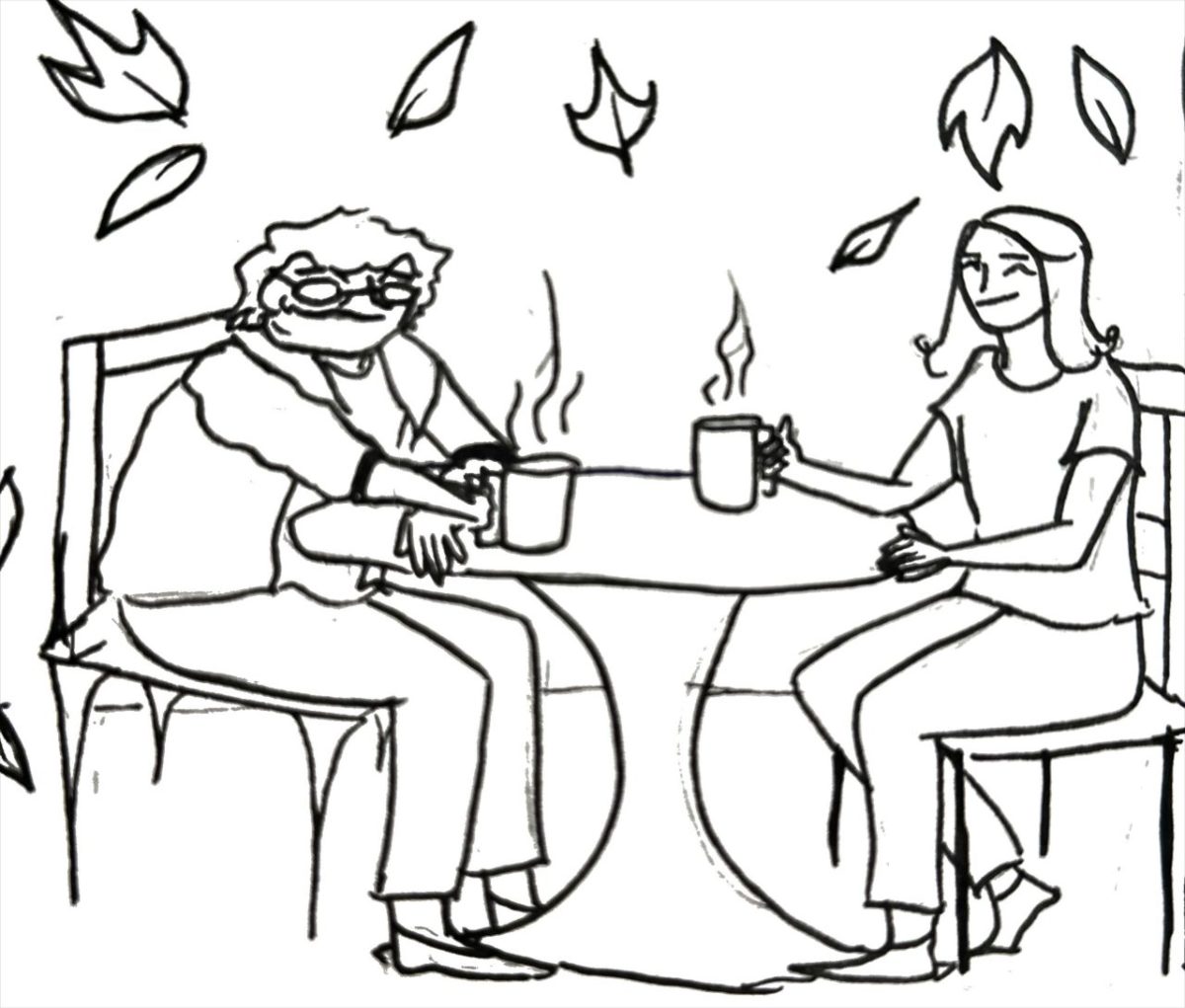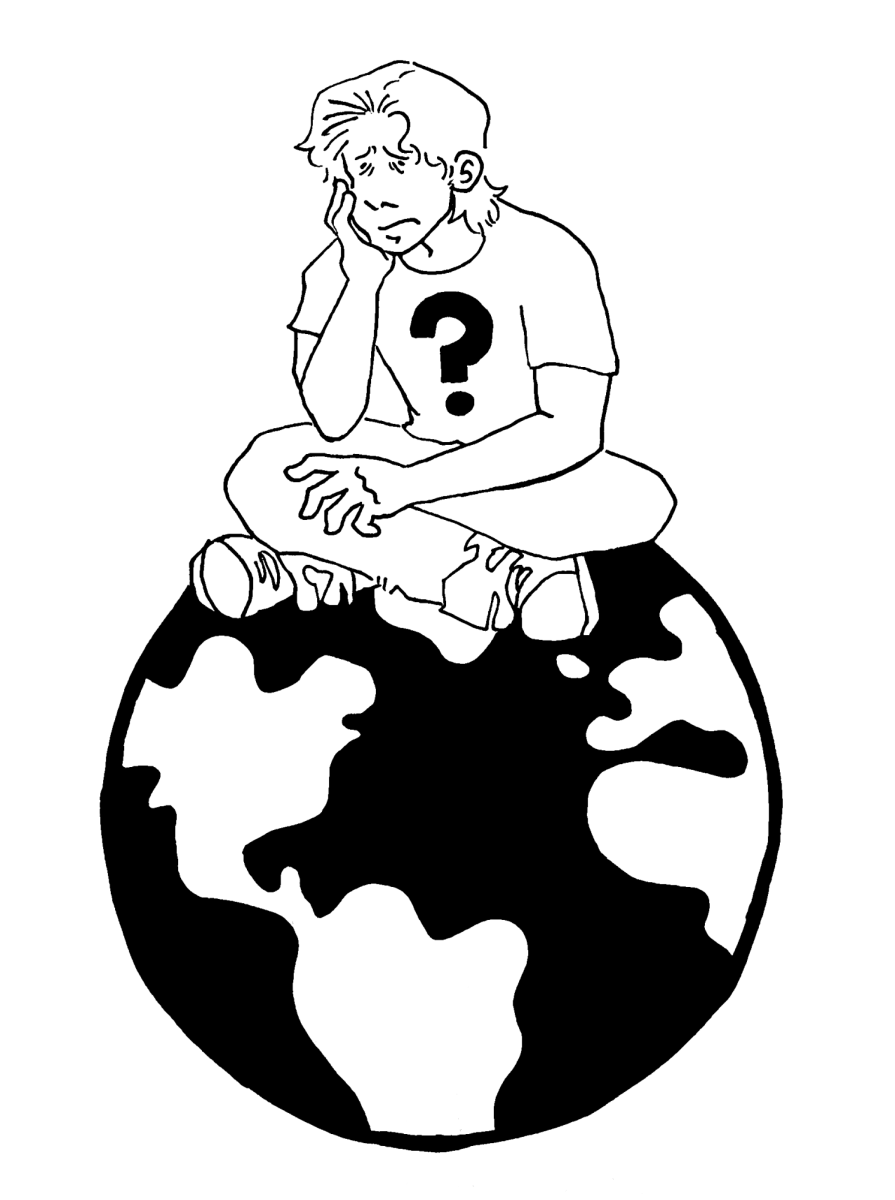Like generations of fed-up youths that came before me, I too have fallen into the trap of disregarding the insights and contributions of my elders.
After all, it’s easy to ignore a voice that criticizes your physical appearance from underneath a quilted blanket. It’s understandable to question the authority and well-being of a senator that freezes with a blank stare while trying to answer a simple question. And it’s natural to follow your own whims over the advice of a mind as old as the second world war. But what if we’re hindering our own lives by turning our backs to the wisdom of those who have lived much longer?
Despite the near gerontocracy (society governed by old people) we live in, there seems to be less value placed on receiving guidance from our elders than there once was.
In Native American communities, elders are met with a great deal of social reverence for the wisdom and leadership they offer their tribes. In these such communities, young and old are a priority, as they represent the seeds of a new generation, and the gardeners who will provide knowledge and encouragement for those seeds to grow.
Unlike mainstream American culture, where the phrase “respect your elders” has been uttered so many times it’s lost all conceivable meaning, cultures that truly value their older family members foster reciprocal relationships built on respect. While the title of elder comes with age, it is maintained by daily displays of kindness, wisdom and grace through their actions and words.
In contrast, one-sided displays of respect and a lack of collaboration between young and old has become the fatal flaw of American society. Nagging children to respect their elders but not encouraging elders to respect their children not only discourages kids from wanting to partake in quality time and bonding, but enables both parties to ignore the other’s point of view.
Many centuries ago, quality time between the young and old was not only common, but an integral part of everyday life. In early foraging societies, the passage of knowledge from one generation to the next was essential to survival.
Before books and computers stored our collective knowledge of hunting, navigation and social norms, elders served as teachers and wise keepers of information. Not to say that correspondence between young and old is primitive – actually quite the opposite.
Modern-day Japanese culture follows a similar tradition of respecting elders through their manners and general outlook on aging. Stemming from the Confucian norm of filial piety, elders are treated politely with a specific set of rules for addressing them. They are also understood to be in a valuable season of their life as wise sages, admired for the wisdom and leadership skills they possess.
Decorum aside, as a young person who loves to sit at the big-kids table and absorb the advice of older adults, I also understand they are sometimes difficult to be around.
Seeing past the outdated remarks, sometimes judgmental questions and misuse of technology is hard when trying to uplift someone as a pillar of grace and experience.
However, by even considering bits and pieces of the wisdom they offer, one may find the guidance of these “olds” more applicable to their own young lives than anticipated. I myself have had some of the most engaging conversations about life, love and happiness with people 40-50 years my senior.
Yet none of this, of course, can be achieved without something other cultures seem to be excelling at: mutual respect.
Much like the behavior exhibited by elders in Japanese and Native American communities, grace from adults fosters admiration from children in return. Respect grants respect. And in order to establish this shared reverence, there is work to be done by both parties.
Old people, soften those tones! Young people, prick up your ears and engage in their long stories! This is where mutual understanding and intergenerational healing begins. Only then can we stop this ageist war of TikTok pranks and critical glances. I know it may be uncomfortable at first, but for the sake of unity, and for future generations of sweet old people, listen to your elders.

























